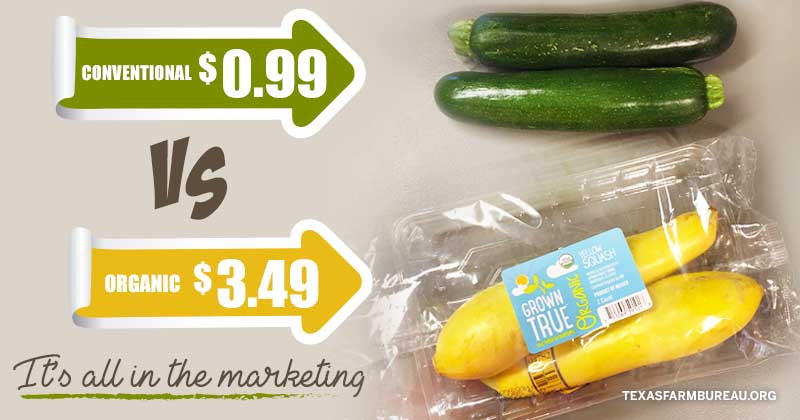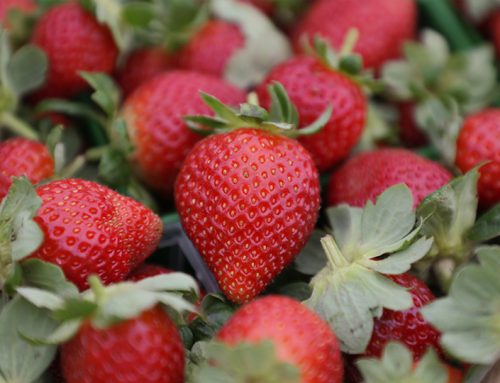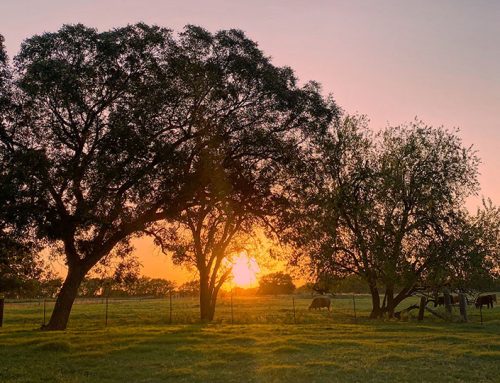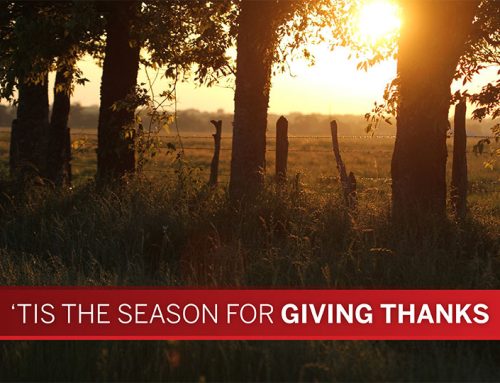By Amy Halfmann
I love grocery pickup. Order online, someone fights the crowds for you, the babies sleep while another someone loads the groceries.
What could be the problem? Accidentally selecting the wrong groceries.
Sometimes online shopping can be deceiving. I thought I was buying plain ole yellow squash and zucchini. Except when I got home, I found I had mistakenly chosen organic yellow squash.
Not that I have a problem eating organic.
My pet peeve is that these little guys come in unnecessary packaging, which seems ironic that GMO-haters find this excess waste okay, are grown in Mexico and cost more than triple what the conventionally-grown zucchini does.
The unnecessary packaging and organic-claim-to-fame causes a huge price increase—largely because organic is harder to grow due to its susceptibility to disease, pests and soil factors.
These two baby yellow squash were $3.49, while the two zucchini were only $0.99.
How is this sustainable? How are families who are already on a tight grocery budget supposed to afford and feed their families with this kind of price gauging?
Organic and conventionally-grown crops offer the SAME nutritional values. They are both a great source of vitamin C, fiber, low calorie, fat-free, contribute to a nutritionally-dense diet, offer color to meals and provide phytochemicals and antioxidants.
I don’t necessarily have a problem with them being grown in Mexico either. I think it’s great that we have trade agreements with foreign countries to ensure we have access to fresh produce year round.
I just wonder how the U.S. government can truly regulate and ensure that these were grown organically.
That raises another question. How can we 100 percent guarantee that any organically-labeled crop is truly organic? Or is it just a marketing scheme?
Furthermore, why not buy local when possible, regardless of how it’s grown? By purchasing from local farmers and ranchers, you are supporting the local economy, which will eventually benefit you in the end. Now, local doesn’t necessarily have to mean the guys down the street, but how about just a U.S. farmer?
Lots of food for thought here. Would love to hear your thoughts on online grocery shopping and organic and conventional foods. Let’s get some good dialogue going!
Amy Halfmann is a registered dietitian nutritionist. She farms in Glasscock County with her husband, Marcus, and their kids. They grow cotton, wheat and hay. They also raise cattle and have a custom farming business.










I am all about “local” farm to table, but I really see a problem in not knowing the source that the produce comes from and their growing methods. I will not buy produce that is sprayed with poisonous pesticides nor has been genetically modified.
There is a huge difference in organic and non-organic produce and for me, it is what is sprayed on this produce and what soil medium is used to grow the produce in.
The one fact I do agree with is some are taking advantage of those who choose to eat whole foods and up the price because of demand more than growing methods.
Hi Angela! Thank you for your response. One of the reasons that organic is so much more expensive is because it is much harder to grow. Farmers are unable to protect their crops from insects, weather, weeds, etc. This makes them susceptible to crop loss- which decreases supply, but also decreases the farmer’s bottom line. The farmer still has the same input, but now no output. Conventionally grown crops can be protected from pests, and what’s great about genetically modified plants is that their genes have been tweaked just enough to protect the plant from insects on it’s own- meaning less chemical sprays on the plant itself. Research has found no difference or harm in genetically engineered foods, but they do make it possible for farmer’s today to feed an increasing population on fewer acres. You should also know that even organically grown crops are still allowed certain chemical applications in an amount deemed safe by the EPA.
Grow your own.then you will know!?! We find this organic scam illegal! Most folks can’t begin to understand or explain the “organic” proses
Hi Joe! We do grown our own in the summer time! But we like fresh fruits and veggies all year round, so I’m thankful that the grocery stores can provide that for us!
Grow your own veggies in the back yard. In my opinion that’s the only way to know. Shopping local is good as well.